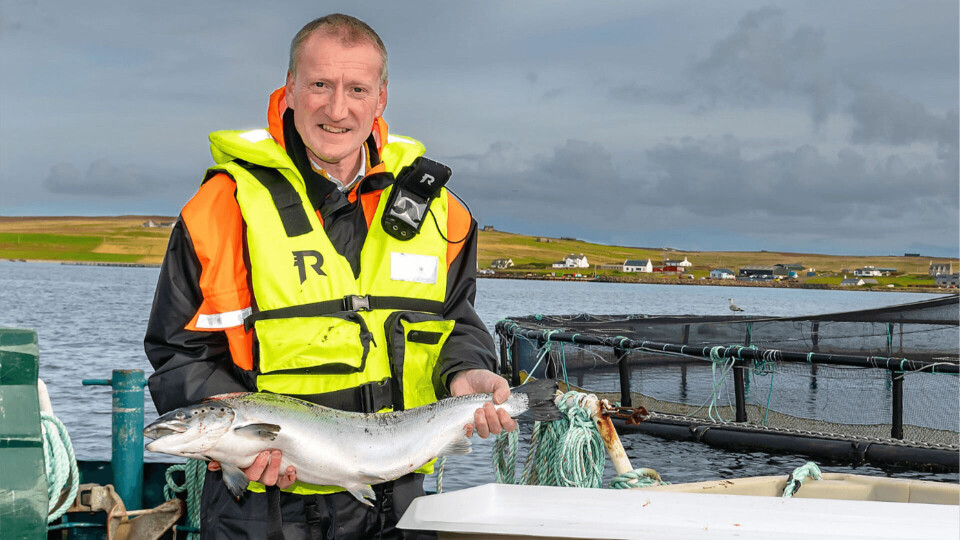
SEPA's 600% price hike ‘unlikely to speed up salmon farm licences’
Scotland’s salmon farmers face increases of up to 600% in the fees charged by the Scottish Environment Protection Agency (SEPA) but are not optimistic it will lead to quicker decisions from the watchdog.
Application fees for a SEPA licence for a new marine fish farm will jump from £4,444 to £25,553 for farm with a maximum biomass of less than 1,500 tonnes, and £32,000 for a farm larger than that, which covers virtually all new applications.
Charges for alterations to existing licences will also go up to as much as £32,000, depending on the amount of work SEPA must do, and annual charges for monitoring fish farms will almost double from £3,798 to £7,309.
More staff
SEPA says the price rises will enable it to recoup the rising costs of assessing licence applications and increase its staff to deal with them more quickly. It is also introducing a screening report at the beginning of the applications process to identify any problem issues earlier.
Like other agencies involved in the fish farm permitting process, SEPA currently has a poor record of meeting statutory deadlines.
Tavish Scott, chief executive of industry trade body Salmon Scotland, doubts fish farmers will see applications significantly speeded up.
He said: “We’re seeing SEPA charges increase by as much as 600%, or a sevenfold increase. Salmon farmers don’t mind paying for these charges if it meant SEPA would be seven times faster or just made decisions within the statutory timelines.
627 days and counting
“But as MSPs heard last week regulators like SEPA are failing to meet their statutory targets ‘by miles’. Around three quarters of all salmon farm applications are currently over the statutory 350-day deadline and one salmon farm is still waiting after more than 627 days.
“There’s nothing to indicate these increased payments will significantly speed up SEPA’s decision-making process.”
Staff resources
In a press release yesterday, SEPA’s head of ecology, Peter Pollard, said there had been significant change in the type of work that the government agency does to authorise and regulate the marine fish farm industry, from how it assesses the initial applications through to the way it monitors fish farms, audit the way operators manage their activities and directly inspect the site.
“To deliver the resources needed to enhance our levels of regulatory service and facilitate effective protection of the marine environment we are increasing the application charges for finfish farm licences/permits and the annual charges,” said Pollard.
“Increased cost recovery will enable us to invest in staff resources, increasing the number of full-time equivalents (FTEs) working to ensure effective, risk-based regulation of marine finfish farms and a high standard of service for developers and the public.
Audit monitoring
“This will include enhancing our audit monitoring capabilities and our assessments of the environmental effects of fish farms, and further developing our early screening assessment service so that the potential risks associated with proposals for new sites or significant expansions of existing sites are understood by the industry and local communities.”
The increase in charges has been agreed by Scottish Government ministers and follows a consultation with the aquaculture industry and other stakeholders.
According to the consultation document, SEPA will increase by the number of full-time equivalents dedicated to marine aquaculture by a quarter, from 33.8 FTEs in 2019 to 44 by 2025.
The new charges come into effect in September.























































